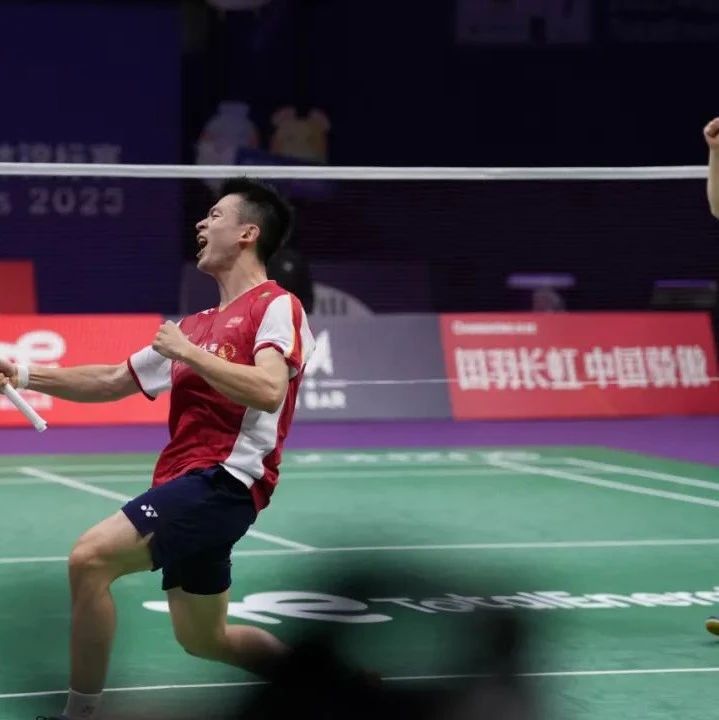Did Lin Dan's retirement at the age of 37 hinder the development of younger players?
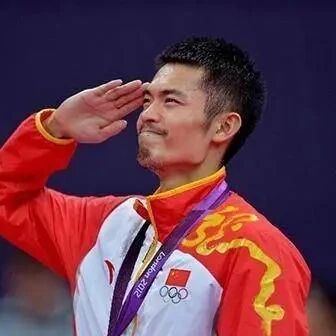
Lin Dan is widely regarded as the greatest badminton player in history—there’s hardly any debate about that. He’s the only player to have successfully defended his Olympic men’s singles title, the only one to claim five World Championship men’s singles titles, and also the sole athlete to achieve a "double calendar-year Grand Slam," having won all major singles titles across the Olympics, World Championships, World Cup, Super Series Finals, Asian Games, Asian Championships, and National Games.
The controversy stems from the fact that after clinching the World Championships silver medal and the National Games title in 2017, his performance has steadily declined year after year—yet he has still refused to retire. Many believe his continued presence is holding back younger players, preventing talents like Wang Zhengming, Du Pengyu, and Tian Houwei from fully blossoming. As a result, China's men's singles badminton lineup now faces a worrying shortage of fresh talent. Meanwhile, Chen Long's form has slipped dramatically, and Shi Yuqi's injury has sent his career into a steep downward spiral, casting a bleak outlook for the team at the upcoming Olympics.
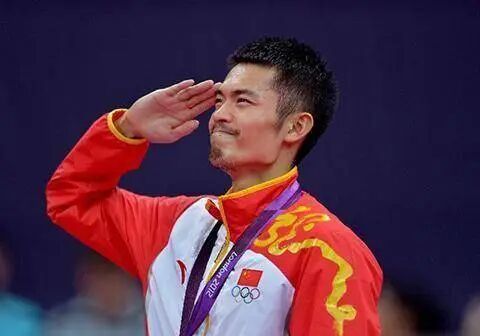
At the age of 37, when he retired, Lin Dan also addressed the reasons on his social media platform. He explained that at 37, his physical fitness and persistent injuries no longer allowed him to compete alongside his teammates. While Lin Dan remains deeply passionate about badminton, he sadly admits that without the necessary physical stamina—and compounded by ongoing pain—he ultimately had no choice but to step away from the sport.
After 20 years of competing for his country, Lin Dan has been left with a lifetime of injuries, making it increasingly difficult for him to continue striving for national glory. Yet without a doubt, this version of Lin Dan deserves our admiration. Back then, Lin Dan even shared his thoughts publicly through social media.
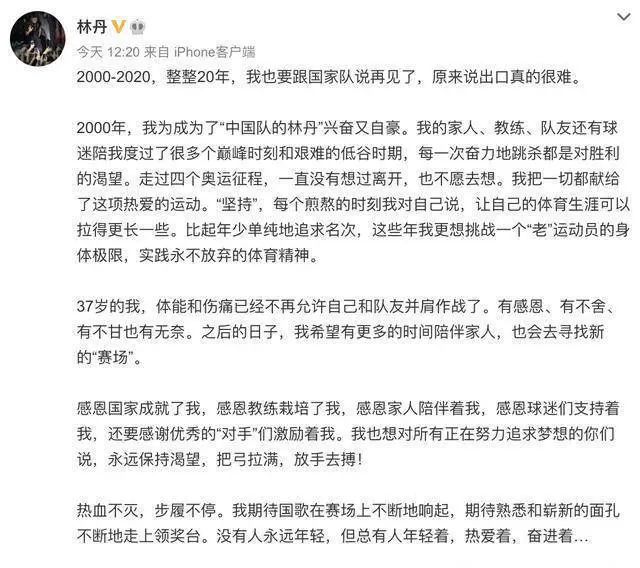
Lin Dan remained a world-class player throughout the Rio Olympic cycle, clinching the 2013 World Championships title and finishing fourth at the 2016 Olympics. Meanwhile, after losing to Japan’s Kento Momota in the 2014 Thomas Cup semifinals, Du Pengyu decided to retire and step away from the team. At the time, China’s men’s singles lineup was dominated by Lin Dan and Chen Long. With only two spots available per country per Olympic event, Du Pengyu felt there was no path forward for him after the disappointing loss in the Thomas Cup, ultimately leading him to leave the national team.
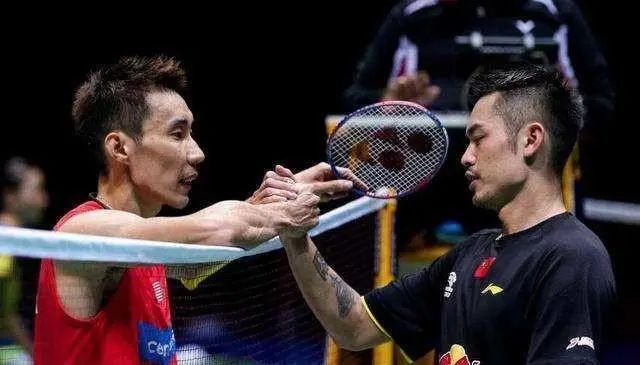
Wang Zhengming was once a rising star, but after 2015, his career stalled as his performance in Olympic qualifying events steadily declined. In the first half of 2016, he failed to finish in the top eight at several key tournaments. Realizing his dream of competing in the Olympics was slipping away, he ultimately decided to leave the team. Judging from Wang’s performance and current form at the time, he simply couldn’t compete with the world-class players—and neither could he challenge Lin Dan or Chen Long for their undisputed positions as the team’s mainstays.
In the 2016 Thomas Cup quarterfinals, China lost to a foreign team, marking the first time in history that the Chinese squad failed to reach the tournament's semifinals. Lin Dan, playing as the second singles player, secured the team’s only point, while Chen Long was defeated by Son Wan-ho. Although Lin Dan had already passed his peak at that point, he remained the sole reliable player for China—everyone else seemed to falter under pressure, almost becoming a recurring issue. From this perspective, even if Lin Dan were to retire and stop competing, no one could step into his shoes—or, more importantly, rise to the occasion when it mattered most to rescue the team from defeat.
After 2017, Lin Dan's form clearly declined, while rising star Shi Yuqi showed remarkable improvement, eventually becoming China's top two men's singles players alongside Chen Long. As a result, in the 2018 Thomas Cup, Lin Dan was relegated to the third singles spot and didn't even get a chance to play in the final—yet he still managed to claim his sixth Thomas Cup title.
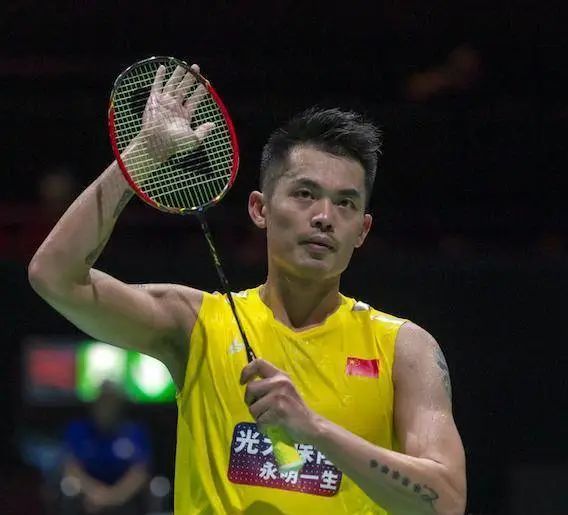
In 2017, Tian Houwei reached the quarterfinals at the World Championships, a performance that initially raised expectations he could establish himself among the world’s top players. However, in the second half of that year, he struggled badly in five consecutive Super Series tournaments, failing to advance past the first round in each, which ultimately cost him his spot on the team. Meanwhile, at the 2018 World Championships, Lin Dan was eliminated in the third round by teammate Shi Yuqi, while another rising star, Huang Yuxiang, suffered a crushing defeat in the second round against Denmark’s formidable player Anders Antonsen.
Apart from Shi Yuqi and Chen Long, China's men's singles lineup lacks a third competitive player. Lin Dan may have aged, but at the 2022 Malaysia Super Series, he still managed to deliver a stunning performance by defeating both Shi Yuqi and Chen Long back-to-back to claim the title—showing results that were even better than those of players like Huang Yuxiang.
For newcomers to break into the main lineup, they first need to make a name for themselves in open tournaments. However, these players have struggled to even reach the top eight in these events. Currently, Lu Guangzu ranks 21st in the world, Huang Yuxiang is 23rd, Zhao Junpeng sits at No. 34, and Sun Feixiang is 43rd—positions that actually place them lower than even Lin Dan, who’s ranked 19th—and they also lack impressive match records against the sport’s top players.
It wasn’t Lin Dan who held them back—on the contrary, the national team provided ample opportunities for them to compete in open tournaments. Yet, instead of delivering satisfactory results, they failed to capitalize on these chances. In contrast, Shi Yuqi first made his mark by performing well in open tournaments, which ultimately secured his spot as a key player for the national badminton team. From there, he went on to shine at the World Championships and the Thomas Cup, cementing his status as an undisputed mainstay of China’s men’s badminton squad.
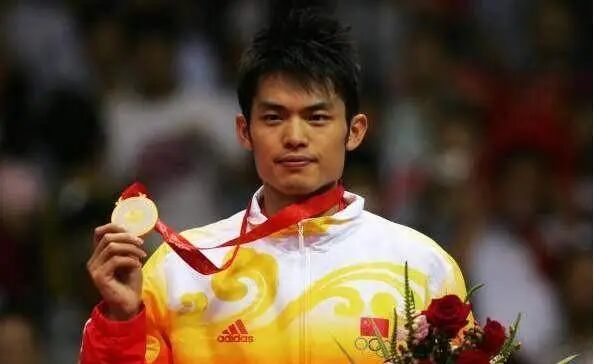
Lin Dan didn’t retire until he was 37, yet he still ranked third within the team in the world rankings—highlighting the limited competitiveness of younger players, who currently struggle to break through even in open tournaments, let alone qualify for major global competitions. This situation also underscores the ongoing challenge facing China’s men’s singles badminton program: a noticeable lack of fresh talent to carry the sport forward.
According to information from Baidu Baike, today marks Lin Dan's 39th birthday. Here, the editor wishes Super Dan a very happy birthday, along with good health and family happiness!
After retiring, Lin Dan continues to dedicate himself to promoting badminton. Recently, he even stepped into the spotlight as the national ambassador for the youth and junior badminton skills assessment program, working tirelessly to popularize the sport and encourage more people to get involved. By doing so, he hopes to uncover promising young talents, ultimately helping Chinese badminton achieve greater success. This Super Dan is truly amazing!

Related Articles

China's Olympic badminton champion shares a festive New Year family photo—his beautiful and adorable wife truly lives up to the title of "life winner"—and sparks online calls from fans urging them to have a second child.
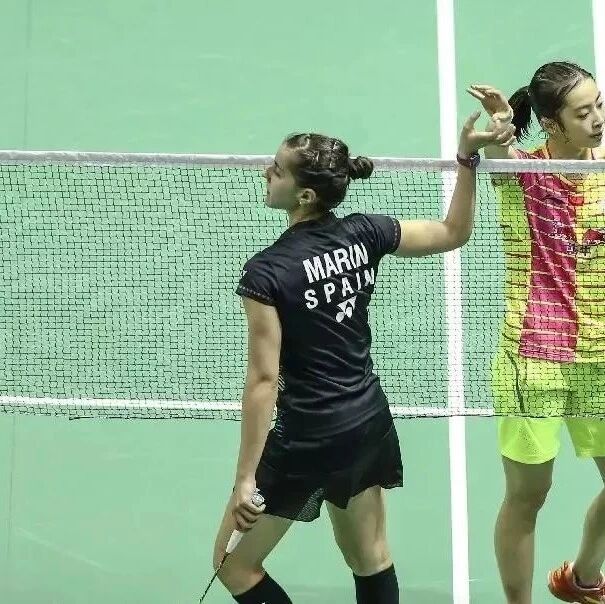
Are you familiar with the 20 "rules of the game" widely recognized in the badminton world?
